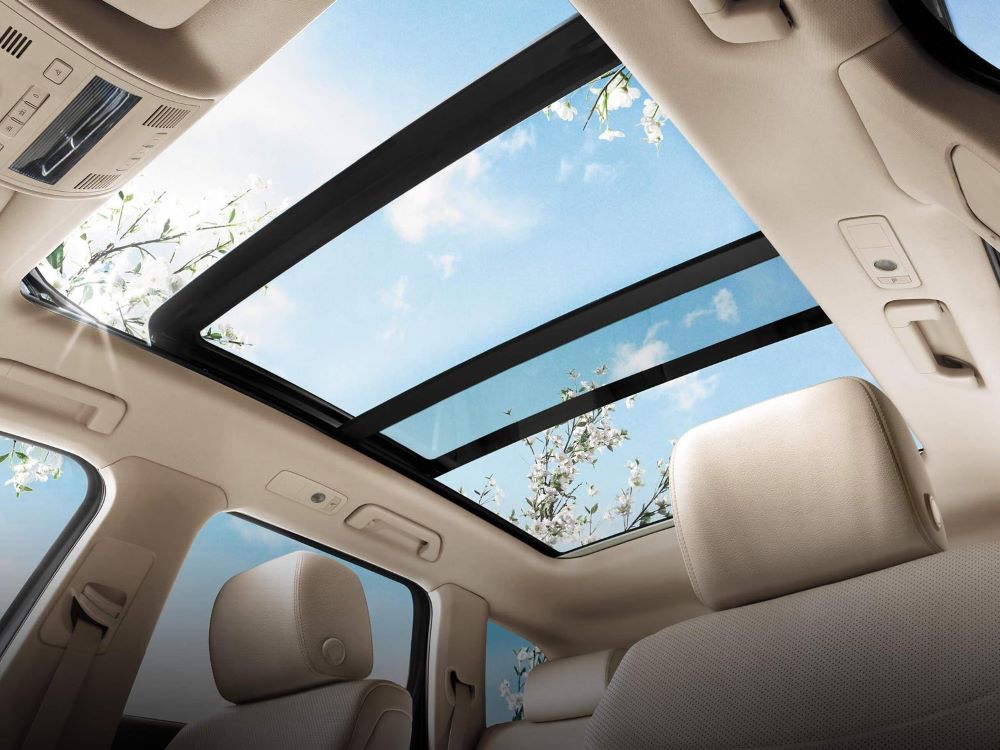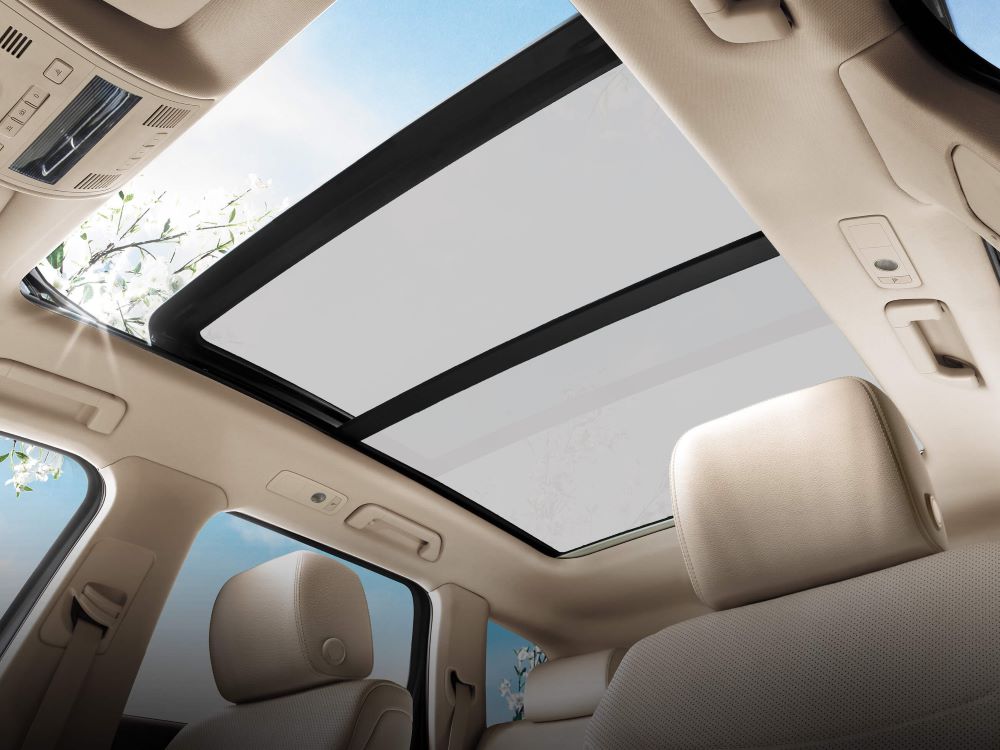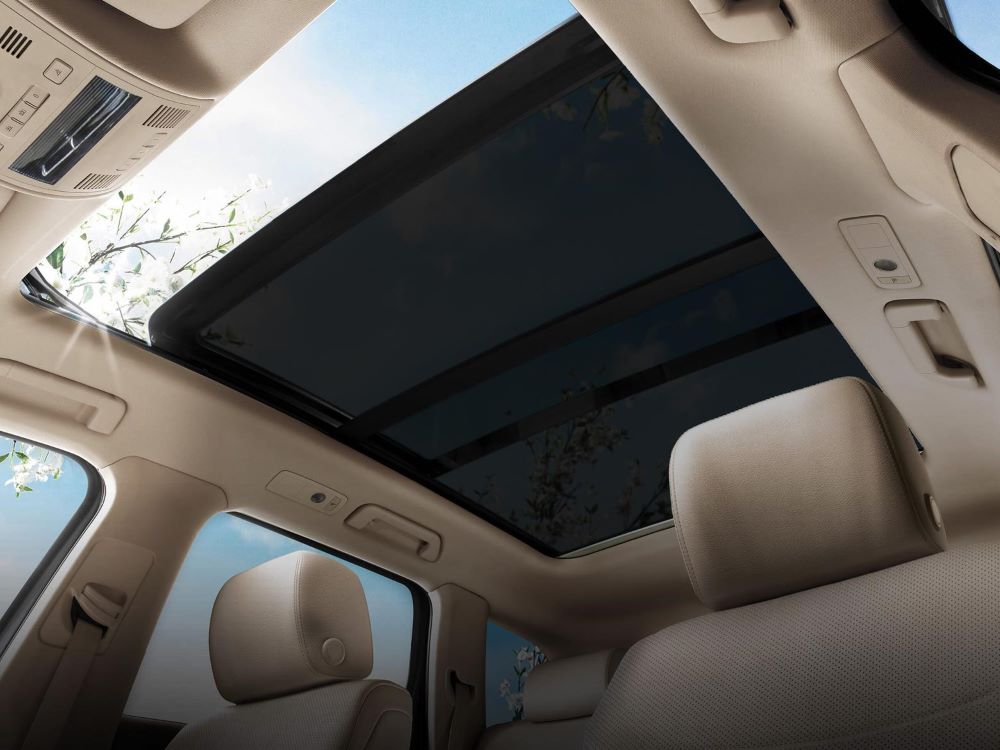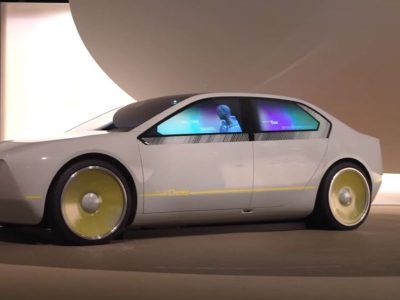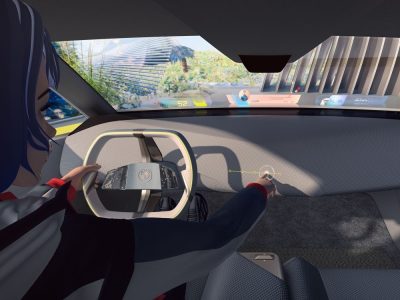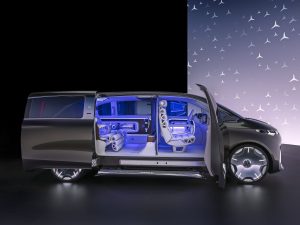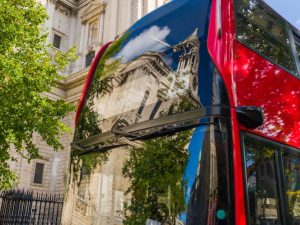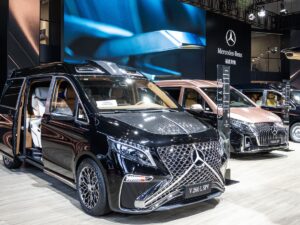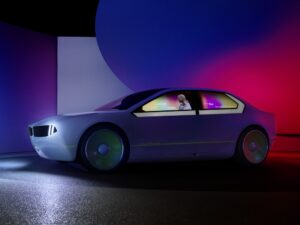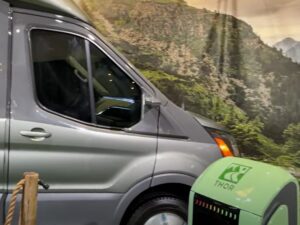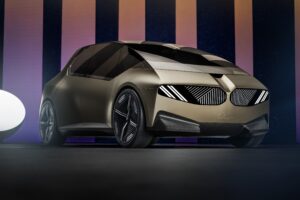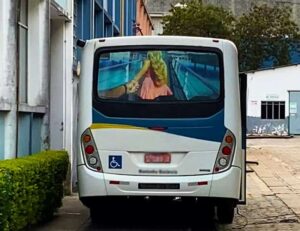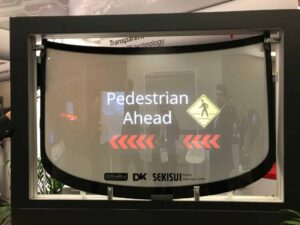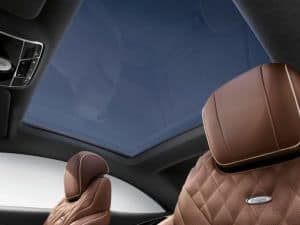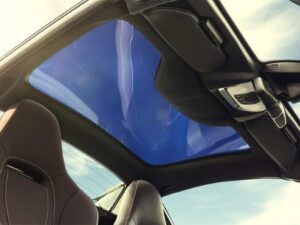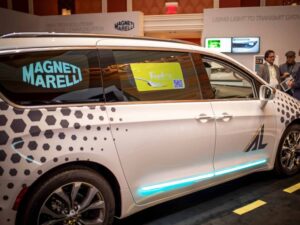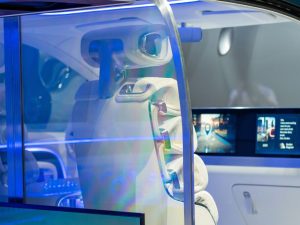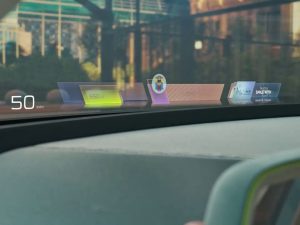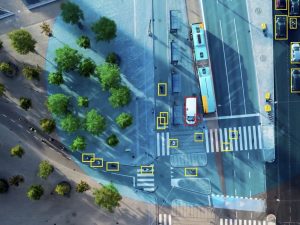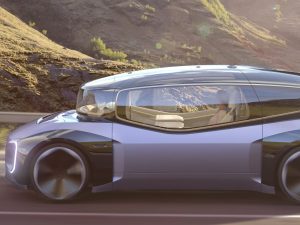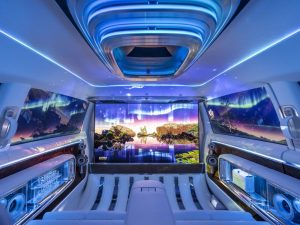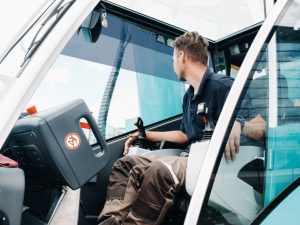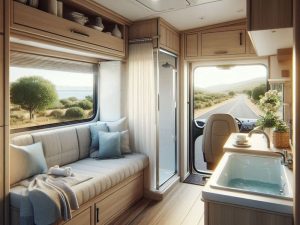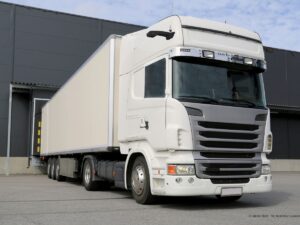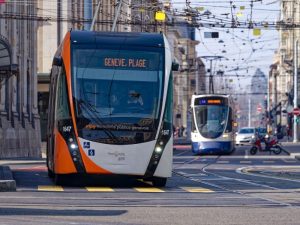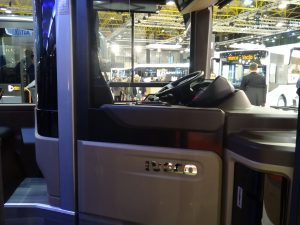Gauzy’s PDLC smart glass technologies for cars, with or without segmentation, offer diverse applications in passenger vehicles, enhancing safety for drivers, comfort for passengers, and fuel efficiency.
OEMs selecting Gauzy’s technology cater to their customers’ needs, positioning us at the forefront of future mobility systems as the automotive industry shifts towards electric and autonomous vehicles.
Gauzy is working with leading OEM’s and Tier 1 suppliers to integrate our technology through a system based approach. Instant shading and solar reflection eliminates road glare and mitigates interior temperatures while providing manufactures a solution that reduces material costs, optimizes space, and saves energy.

Optimize Space
Instantly dimming windows block up to 99% of light eliminating glare and heat that disrupts drivers and passengers

Comfort
Customizable shading, temperature control, and glare reduction for a better driving experience.

Improve Safety
Reduce glare, minimize blind spots, improve privacy and aid collision prevention, enhancing road safety.

Sustainability
Reduce energy consumption through solar control, minimizing the need for heating and cooling systems
Smart Glass technologies
PDLC
Off
On
A variety of automotive-grade Polymer Dispersed Liquid Crystal products switch in millisecond between transparent and opaque for bright yet ambient interiors with solar light control
SPD
Off
On
Patented Suspended Particle Device technology blocks up to 99% of visible light for dimmable shading that maintains a view for continued visibility, glare blocking, and contrast in transparent displays
Automotive Smart Glass Applications
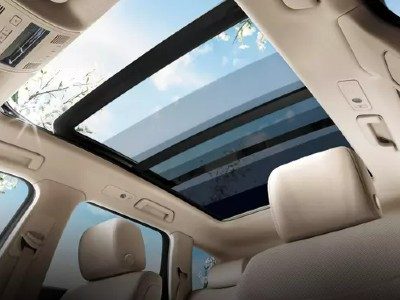
Sunroofs
Sunroofs with PDLC or SPD allow for optimized headspace in EVs while allowing instant light control for comfort and cooling
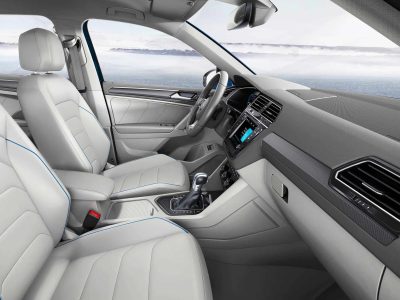
Sunvisors
Windshields with segmented SPD instantly dim to block disruptive glare that affects driving
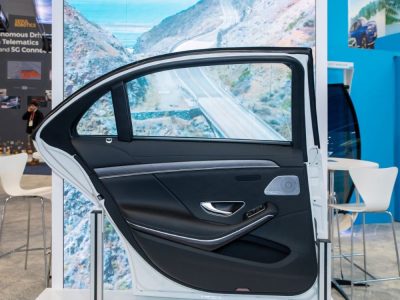
Passenger Windows
Side windows with PDLC or SPD allow for dynamic light control, privacy, and thermal comfort
LCG® Smart Glass Benefits for OEMs
- Solar control properties reduce heating and cooling requirements
- 99% UV blocking protects interiors from fading
- Enhances design with a strong brand statement
- Promotes passenger and driver safety
- Creates revenue and communication opportunities
- Easy maintenance and cleaning
- Fully customized solutions
LCG® Smart Glass Benefits for Drivers
- Enhances modern vehicle design
- Provides on-demand privacy for passengers and drivers
- Ensures thermal comfort with solar IR control technology
- Offers shade with a view, allowing connection to the outdoors
- Provides access to route information and visual engagement features
- Maximizes the use of natural light within the vehicle
- Easy-to-clean solution maintaining hygienic interiors
Trusted by leading brands
These companies represent only a subset of our automotive partnerships. We collaborate with numerous other confidential entities across various industries
The Best Choose Smart Glass
Related news and articles
Speak with an Automotive Smart Glass expert today
FAQ
Questions and Answers
Smart Glass can be used throughout cars, from panoramic sunroofs to passenger windows. It can turn on and off for custom vehicle window shading and temperature control. Solar Control PDLC can block up to 86% of IR light, making cars cooler and lowering fuel consumption.
SPD Smart Glass has the potential to block 99% of light, making it perfect for providing custom shading in cars without blocking outside views.
Smart Glass installed in car windows can double as an advertising platform. When film is off and paired with a projector, time and location based content can be shown. Windows can also be made transparent and drive-ready instantly.
Smart Glass manufacturer Gauzy has a specially developed automotive grade controller that integrates directly into the body of the vehicle.
Smart Glass manufacturer Gauzy currently works exclusively with leading OEM’s and Tier 1 suppliers. Gauzy intends to offer an aftermarket solution for private vehicles in the near future.
Smart glass can significantly reduce solar heat gain, helping lower cabin temperatures by several degrees. By blocking a portion of infrared radiation, it reduces reliance on air conditioning, which can enhance comfort and improve energy efficiency in both ICE and electric vehicles.
Gauzy’s technology is integrated in serial production models like the Ferrari Purosangue’s sunroof, the brand’s first ever 4-door SUV; as well as the sunroofs of GM’s Cadillac CELESTIQ – the all electric luxury sedan, the McLaren 720s spider sunroof. The technology was also introduced in future concept cars such as Mercedes’ Vision-V, BMW’s i Vision Dee and others
Smart glass technologies are designed to meet automotive glazing regulations and safety standards. Use in side windows, rear windows, and sunroofs is widely accepted, while windshields are subject to stricter transparency and safety requirements that vary by region.
Tinted glass has a fixed level of shading, while smart glass can switch between clear and tinted states on demand. This provides dynamic control over light, glare, and heat without permanently darkening the view.
Automotive smart glass is engineered to withstand harsh conditions, including temperature fluctuations, vibrations, and UV exposure. It is tested to meet automotive industry durability standards for long-term performance.
Smart glass technologies typically use very low power. In many cases, power is only needed during the switching process, with minimal or no power required to maintain the chosen state.
Common types include PDLC (Polymer Dispersed Liquid Crystal), SPD (Suspended Particle Device), and Electrochromic glass. Each offers unique switching speeds, shading levels, and use cases — such as instant privacy, dynamic shading, or glare control.
Smart glass requires minimal maintenance beyond standard cleaning with non-abrasive materials. It is designed to operate reliably without frequent servicing.
When in its clear state, high-quality smart glass maintains excellent visibility and optical clarity. Advanced coatings and film technologies ensure that light transmission remains within safe driving standards.
Switching speeds depend on the technology used. PDLC and SPD films can switch in 1–3 seconds, while electrochromic glass may take several seconds to fully transition.
Yes. Smart glass can block up to 99% of harmful UV rays and a significant portion of infrared radiation, helping protect passengers and reduce interior heat.
Smart glass gives passengers control over glare, heat, and light levels. It can instantly provide privacy in specific windows or cabin zones, creating a more comfortable and relaxing travel experience.
When manufactured to automotive standards, smart glass typically matches the lifespan of conventional glazing, maintaining switching performance for many years under normal use.
By decreasing solar heat gain, smart glass reduces the need for air conditioning, which can lower fuel consumption in conventional vehicles and extend battery range in EVs.
Yes — smart glass can be engineered to work alongside heads-up displays (HUDs) and ADAS sensors without interfering with clarity, optical quality, or safety systems.
Yes — Gauzy provides smart glass solutions for sunroofs and panoramic roofs, giving drivers and passengers on-demand control over shading and light for enhanced comfort.
Many smart glass systems can be integrated with vehicle controls, mobile apps, voice assistants, or automatic sensors, enabling seamless, user-friendly operation.

